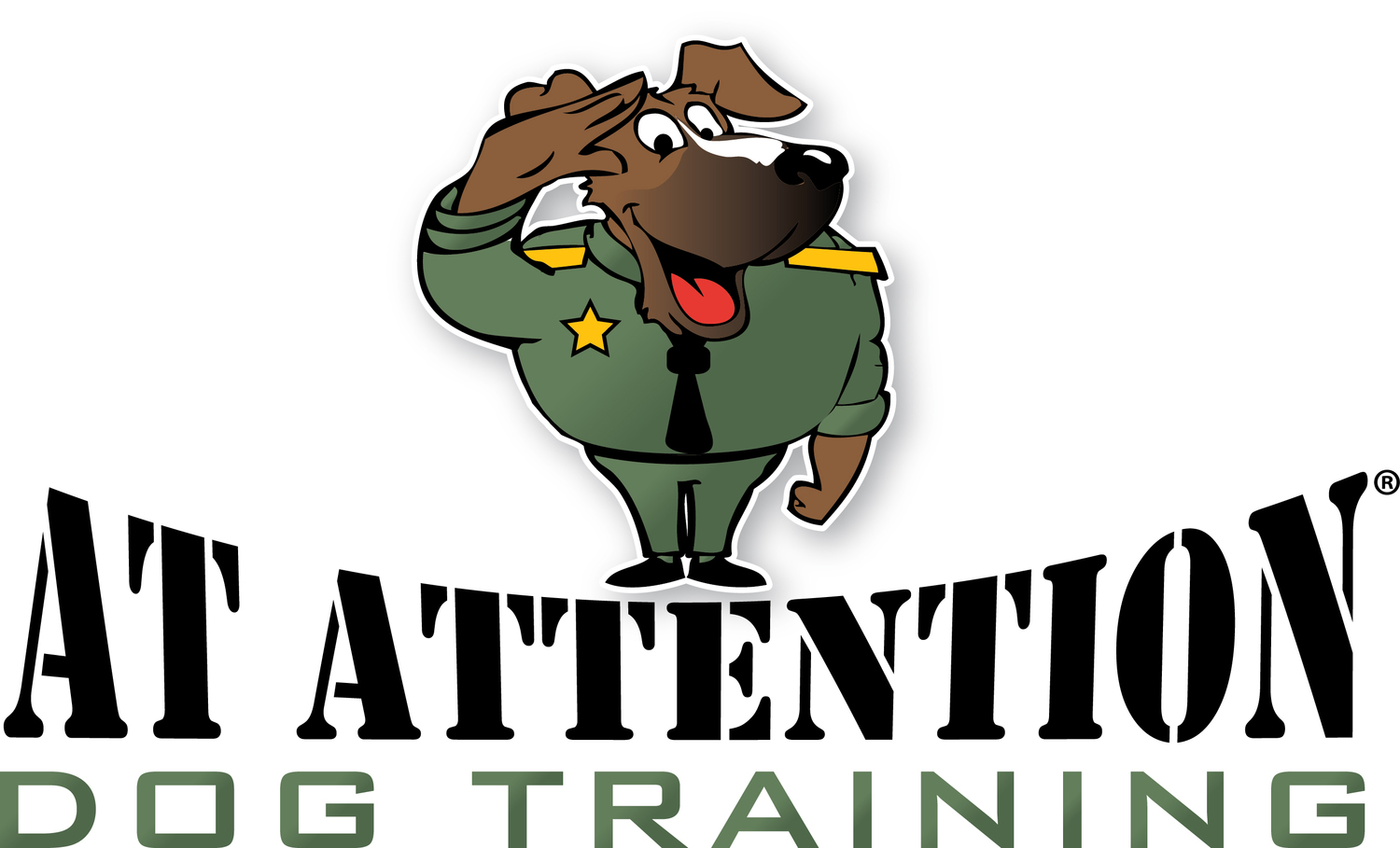We all know that dogs are likely descended (very distantly) from wolves: from the tiniest Chihuahua, quaking with excitement, to the most powerful Bull Mastiff with his dopey, drooly grin, they all share a common ancestor. So when that Chihuahua or Mastiff starts misbehaving and training starts to feel like an uphill battle, it might be tempting to think we can “cheat” by using their wolf instincts to our advantage. And what better way to do that than by recreating the social hierarchy of a wolf pack in your very own home? Of course, that means you must continuously assert your dominance so little Sparky never forgets who the alpha wolf is. Ideally, this means he’ll perfectly obedient—right?
The problem is, dogs aren’t wolves and that’s not how wolf packs work.
In the wild, you might say that a wolf’s most basic motivation is to pass its genes on.This means surviving long enough to reproduce with the best possible mate and having strong,healthy offspring who can continue the familial line for generations. Ultimately, this is what the complex social hierarchy of a wolf pack is all about: competition for food and mates.
In your neck of the woods, Sparky has other things to worry about. You may not appreciate his to-do list, but when he demands treats by barking incessantly, jumps on visitors, or drags you down the street during walks, he isn’t trying to assert his dominance. And he certainly isn’t competing with you for food or mates—he’s just trying his best to get what he wants, whether it’s a snack, attention, or that squirrel who’s been giving him the side-eye from your neighbor’s lawn all afternoon. Sparky isn’t too worried about where his next meal is coming from or who he’s going to mate with; he’s got a very different set of priorities than a wolf.
So if Sparky isn’t a wolf, and you’re not a wolf, what’s the sense in pretending otherwise?
I’m not psychic but I can make one prediction with certainty: relying on dominance theory to train your dog isn’t going to work and no one should try it.
Yelling, threatening aggression, and using physical force are not acceptable or effective ways to modify a dog’s behavior. And because these techniques won’t work, a person might mistakenly think they need to try harder to assert their dominance by being even more aggressive, effectively blurring the lines between training and abuse. Ultimately this will lead to a different set of problems. If you’re “lucky,” Sparky might just soothe his frayed nerves by chewing things around the house. But you might also end up with a dog who bites you the next time he feels threatened.
The bottom line is that Sparky has no clue about how wolves interact so human displays of dominance are meaningless to him. If his human, the person he depends on for absolutely everything, becomes unpredictable and aggressive, it will only engender fear and anxiety—not obedience.
Stay positive dog trainers!
-David Shade and Ali H.
